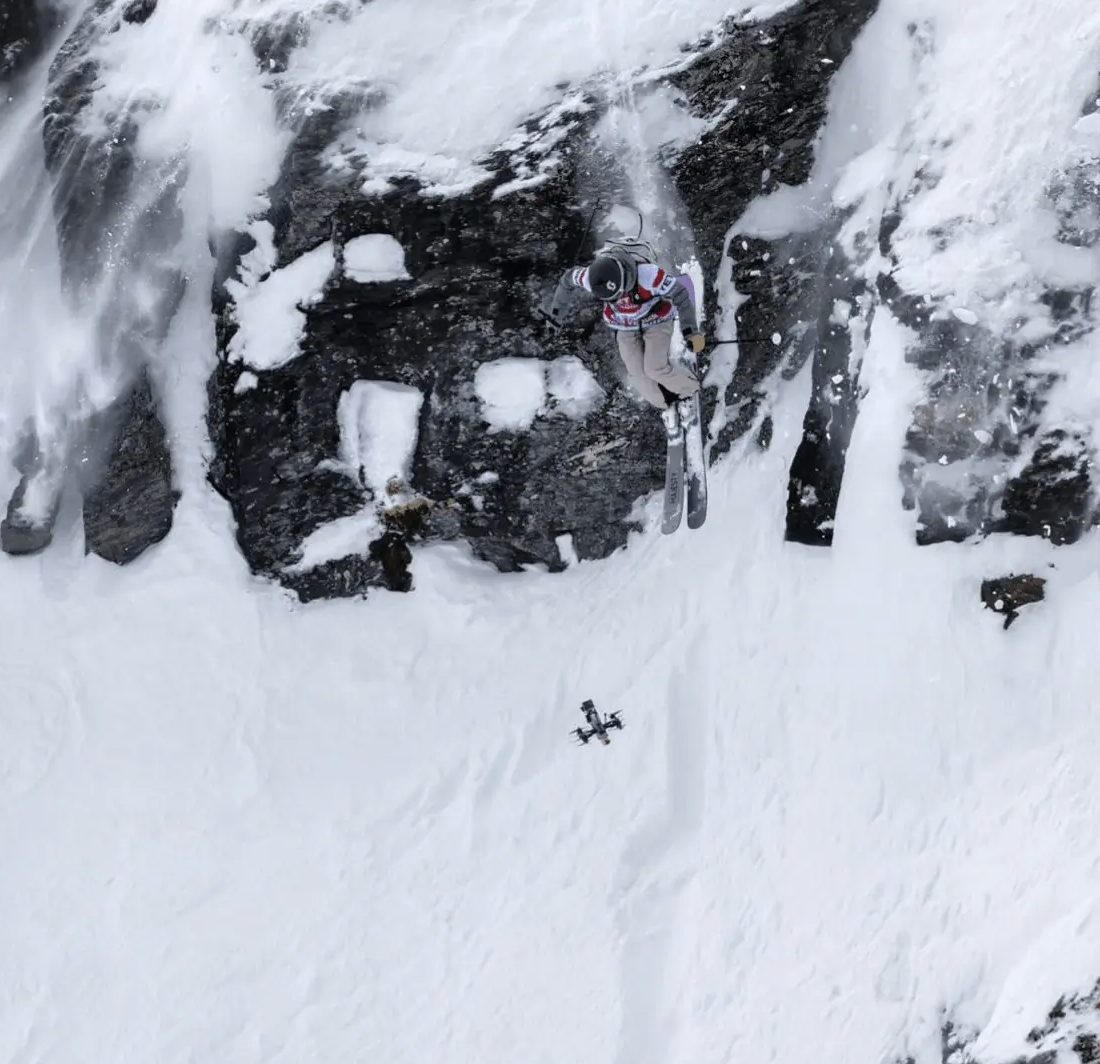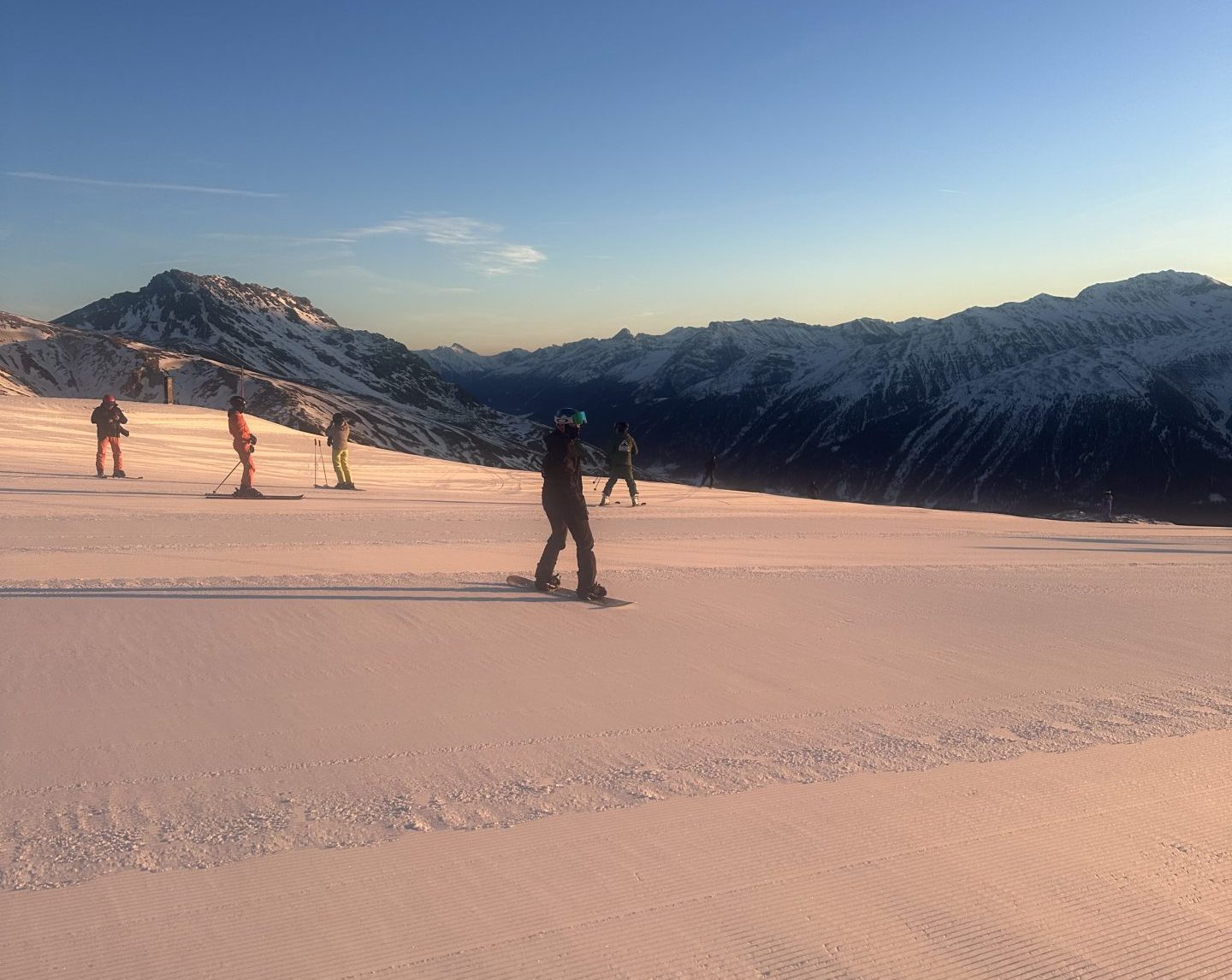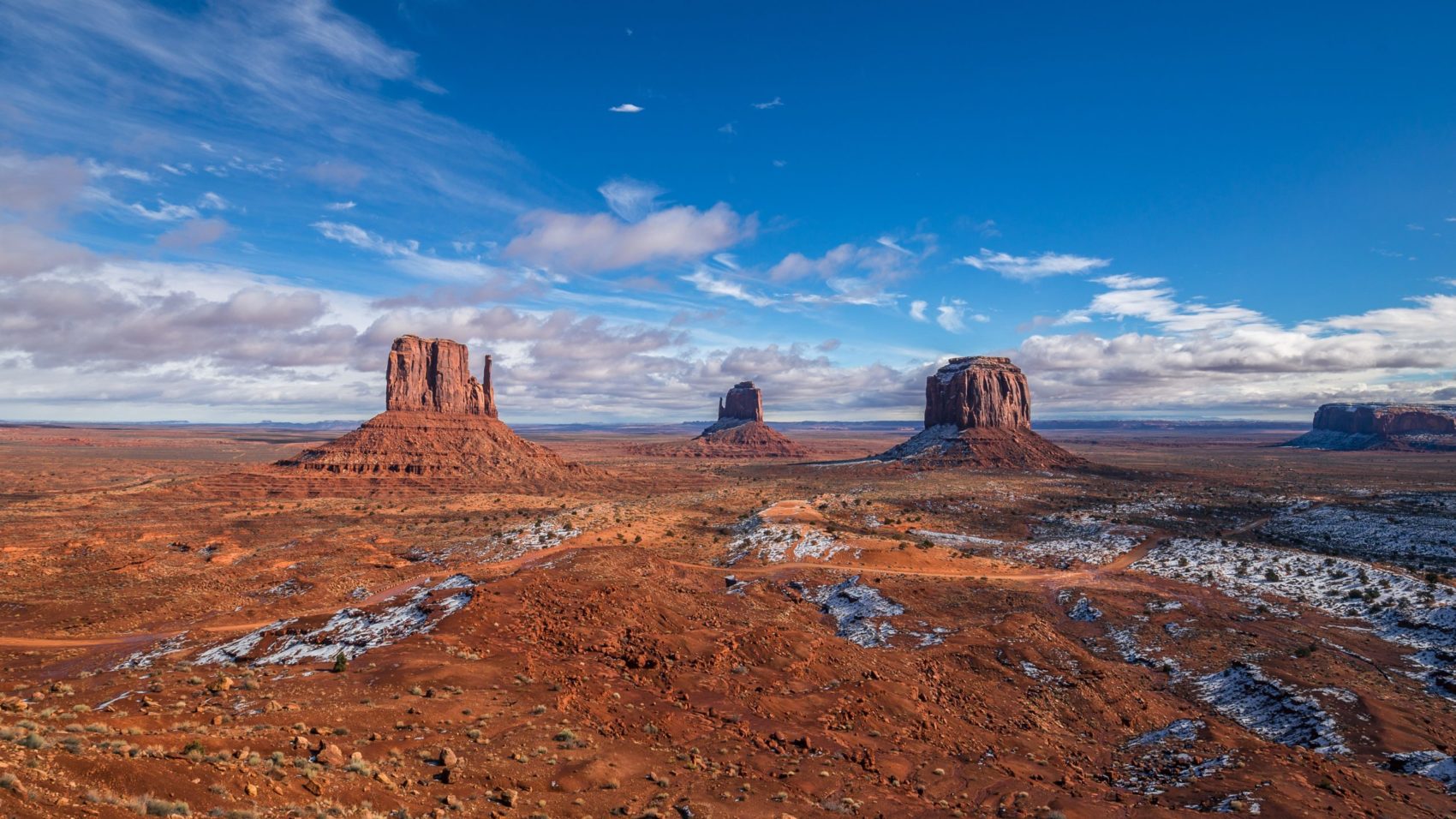
Over one-third of the homes within the Navajo Nation—which spans Utah, Arizona, and New Mexico–do not have running water. So at the outset of the pandemic, Jonathon Nez, President of the Navajo Nation, vowed to bring water lines to those homes in need. Leaders of the Navajo Nation have been pushing for decades to bring accessible drinking water to more Navajo homes. Congress recently approved funding that will be used to supply more than 300 homes with drinking water as part of pandemic-related relief.
HEALTH RISKS AND LACK OF ACCESS
The Navajo Nation may be one of the areas most heavily affected by COVID-19 in the United States. Living without running water has forced approximately half of Navajo Nation residents living in Utah to transport water to their homes for personal use. Family members must fill containers at communal wells or purchase bottled water at local markets. Either of those activities places those acquiring the water at further risk of exposure to COVID-19. In addition, approximately 40 percent of Navajo households do not have running water to wash hands. Cellphone service and Wi-Fi are also limited, making it difficult to get the appropriate and accurate information to protect one’s self and family.
“Water is needed on the Navajo Nation, and that is one way to fight this pandemic. The Navajos, the people that are affected by this, are suffering. We are in a capacity to make change and bring change… This is a time for us to really show a collaboration between all tribes and the U.S. federal government.”
– Navajo Nation Council Delegate Charlaine Tso
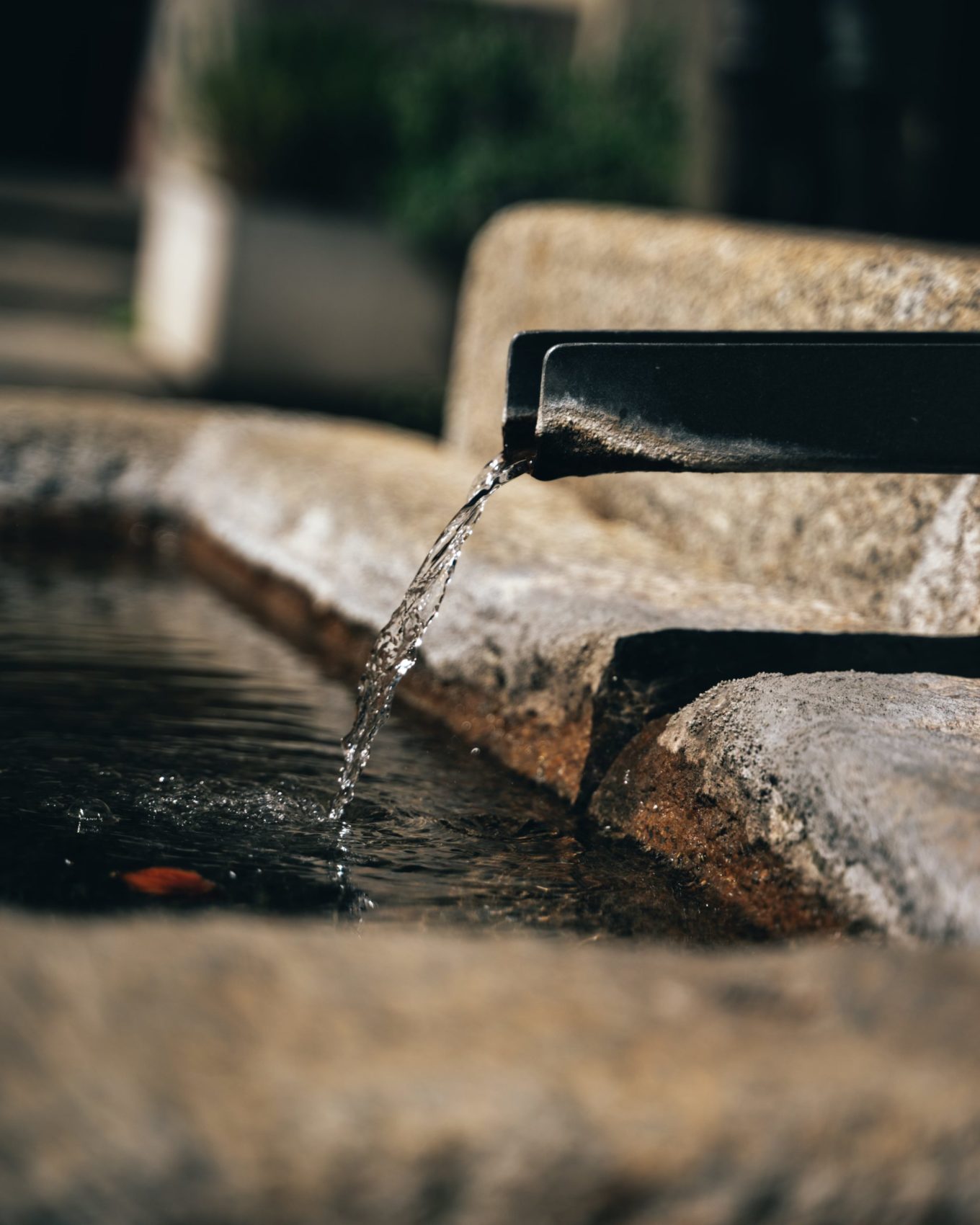
The precursor to the new law was The Navajo Utah Water Rights Settlement Act— originally introduced in 2016 by Senator Orrin Hatch of Utah. Although it never became law, an updated, bipartisan bill was included in a larger piece of legislation on Native American water rights that passed the Senate last week.
The settlement between the Navajo Nation and the federal government recognizes the Nation’s right to 81,500 acre-feet of water from the Colorado River Basin each year. It also provides $210 million in funding for water improvements on Navajo Nation lands in southeast Utah as well as an additional $8 million that was approved by the state of Utah. The Navajo Nation will run the construction of the water mains and treatment centers so that some 300 homes previously without drinking water, will have access to a health necessity many of us take for granted.
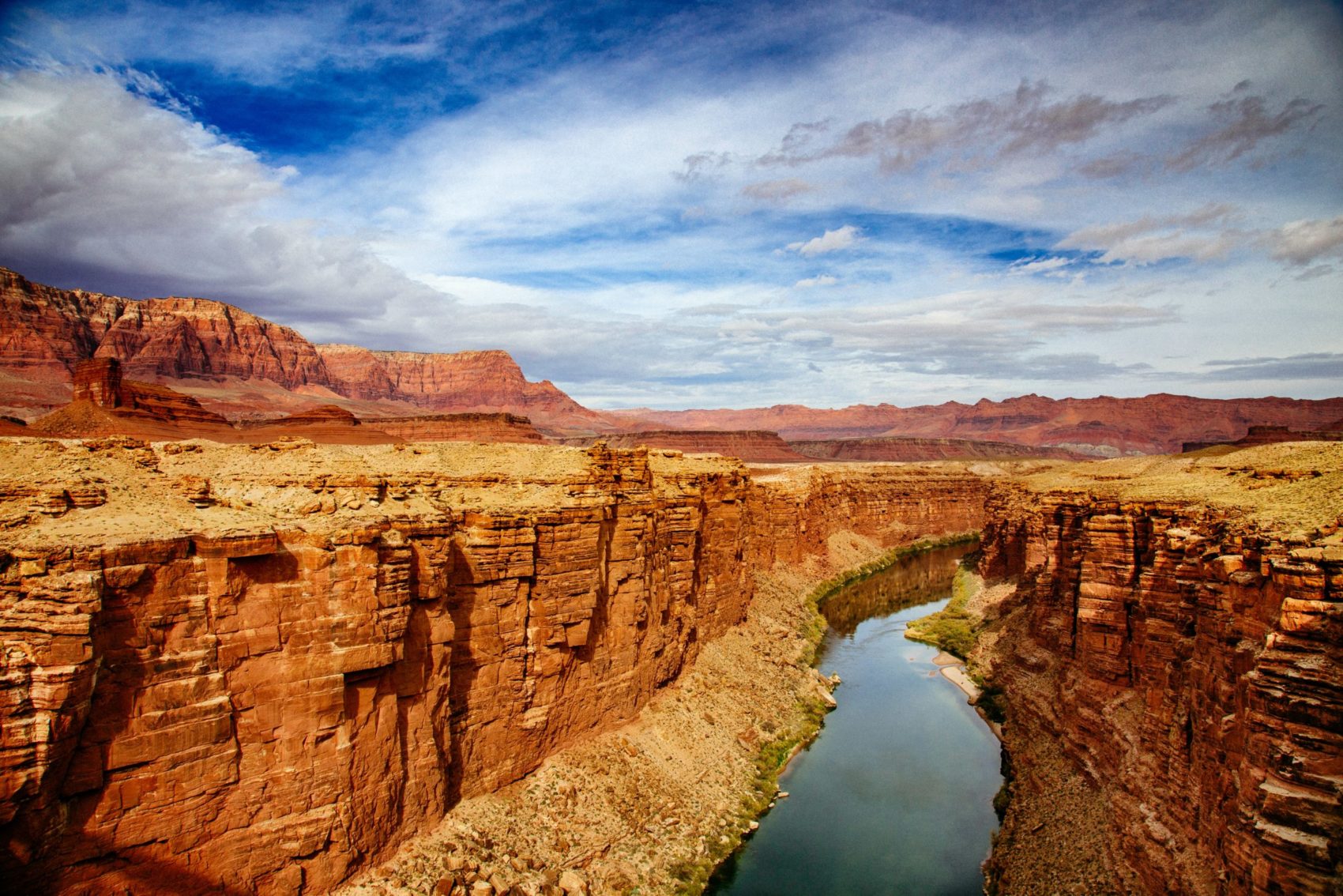
A CENTURY-LONG STRUGGLE
The Navajo Nation has been navigating through the labyrinth of water rights for over a century in Utah and other areas of the Southwest. In fact, the Navajo Nation has never officially been issued water rights by the state of Utah, despite the fact that the reservation was established 30 years prior to 1896 when Utah became a state.
The states and the Federal government have not made it easy for the Navajo Nation or other tribes when it comes to water and land disputes. The U.S. Supreme Court law held in 1908 that the federal government is the entity responsible for providing water rights and property rights to Native American reservations. Yet, the government dragged its feet, as the process for settling claims was not formalized until the 1990s. In fact, formal negotiations between the Navajo Nation and the federal government began only as recently as 2003.
Although something as essential as drinking water should not require this much of a struggle, it is comforting to know that progress is being made in order to improve the health and quality of life of the Navajo Nation.



